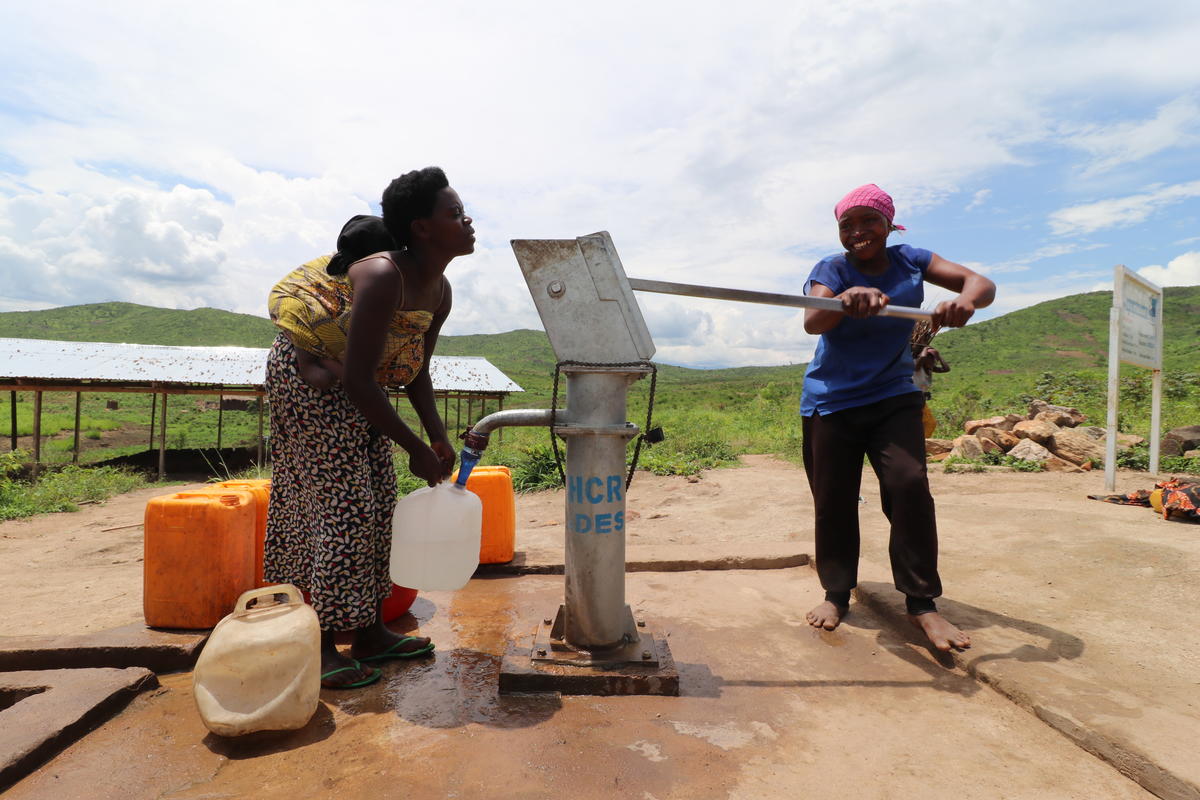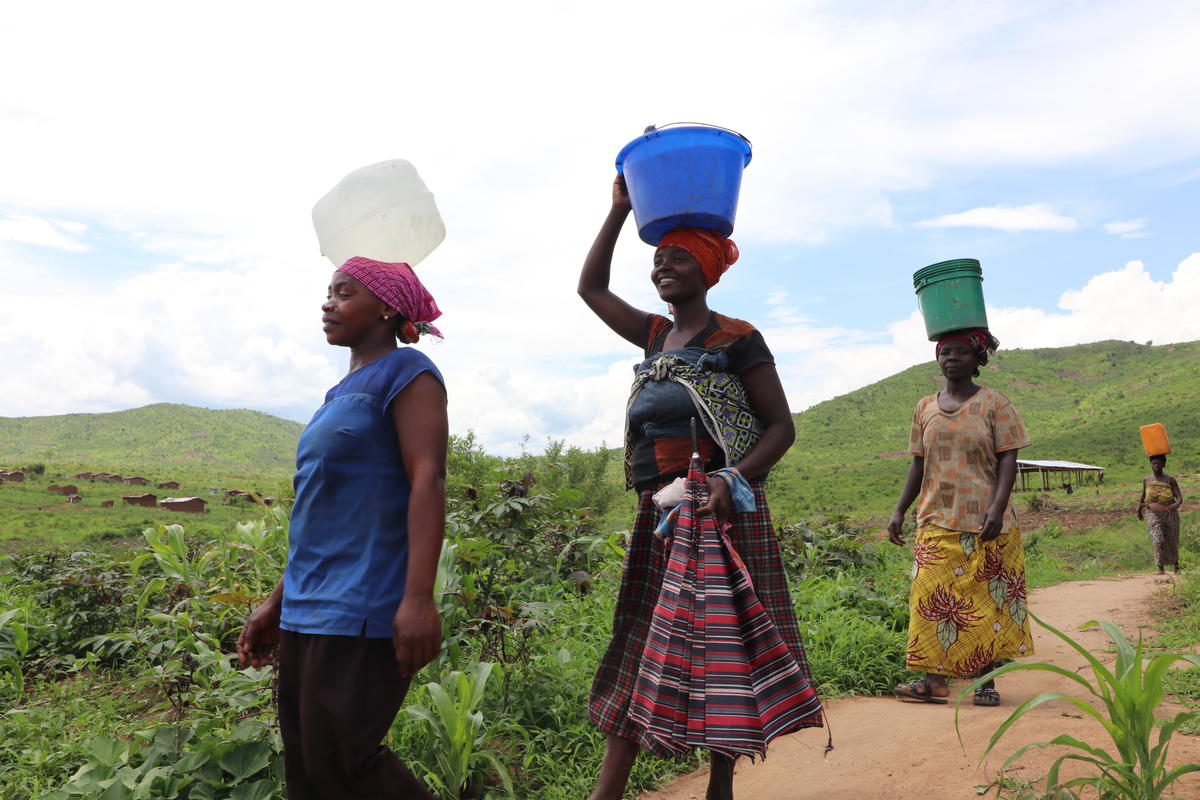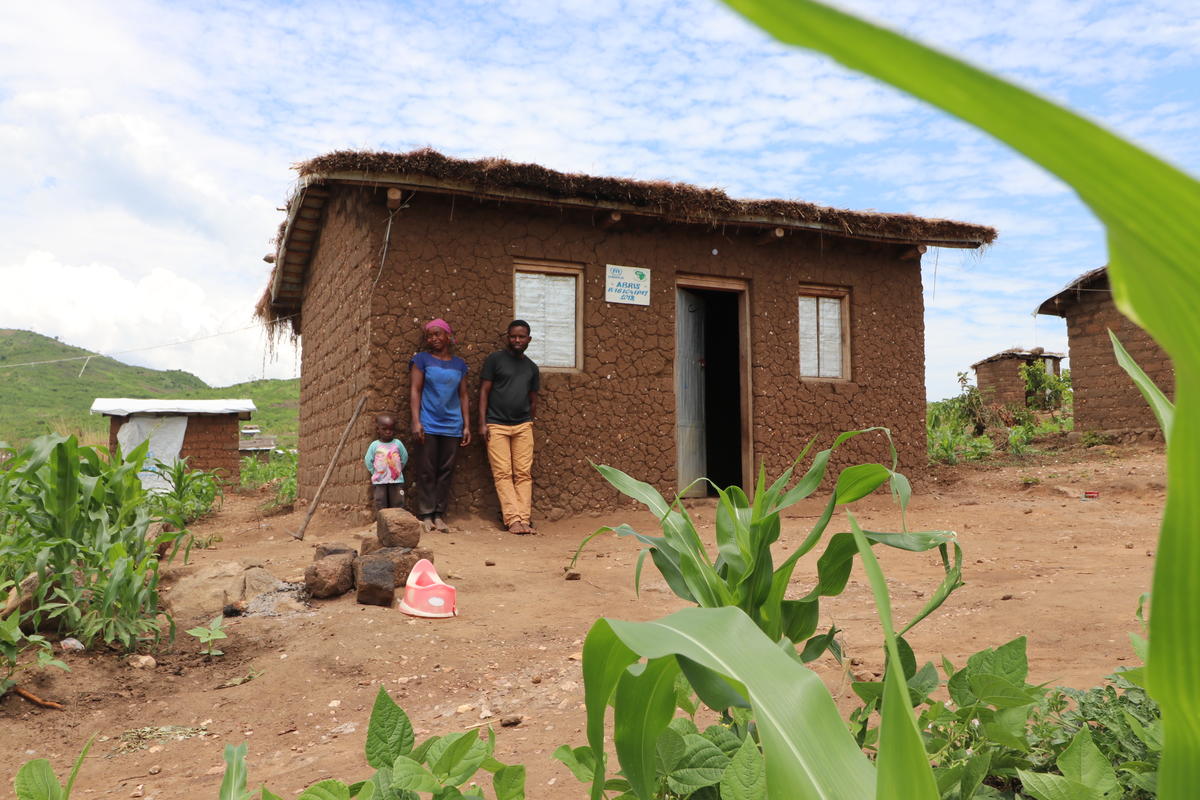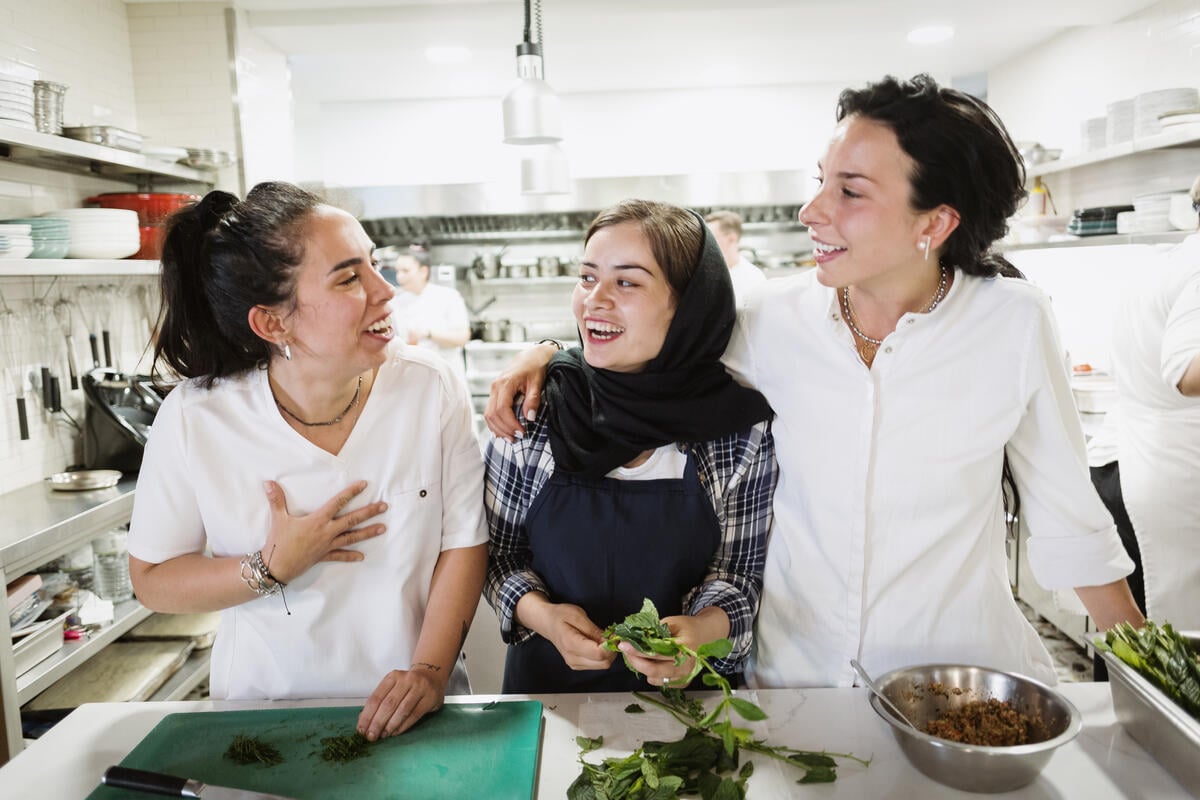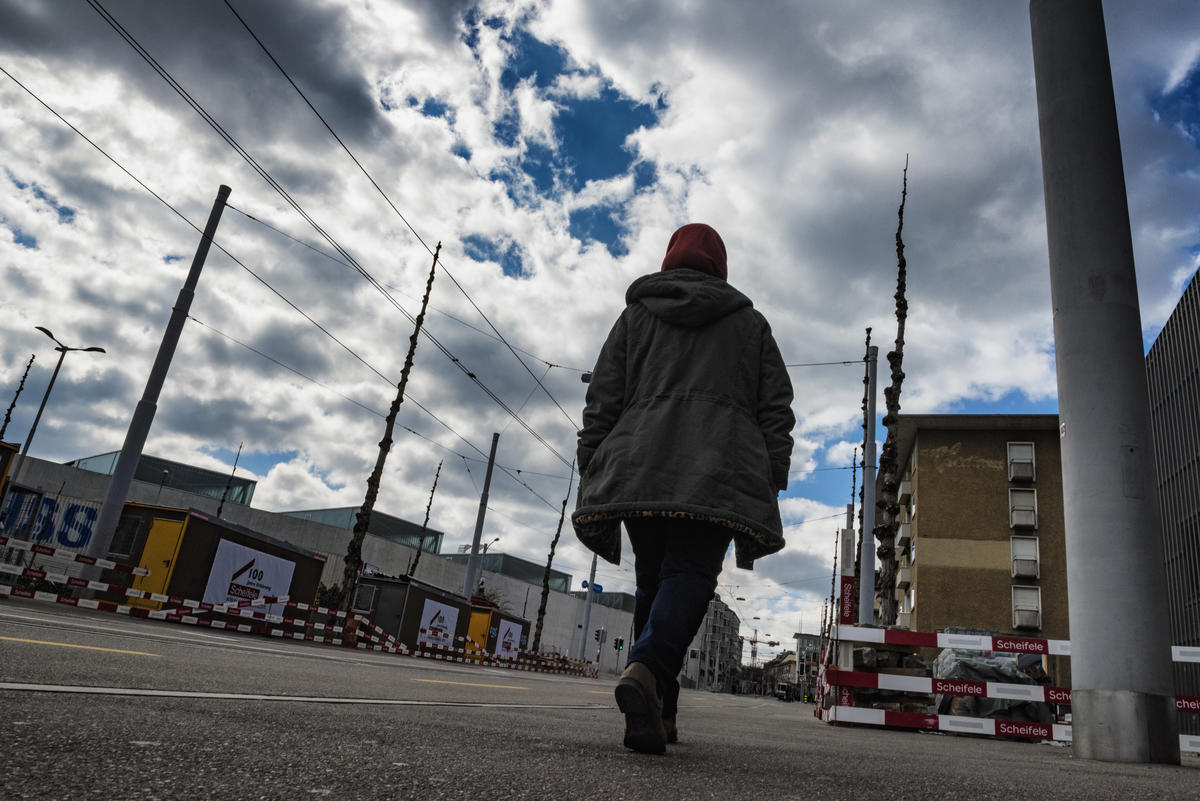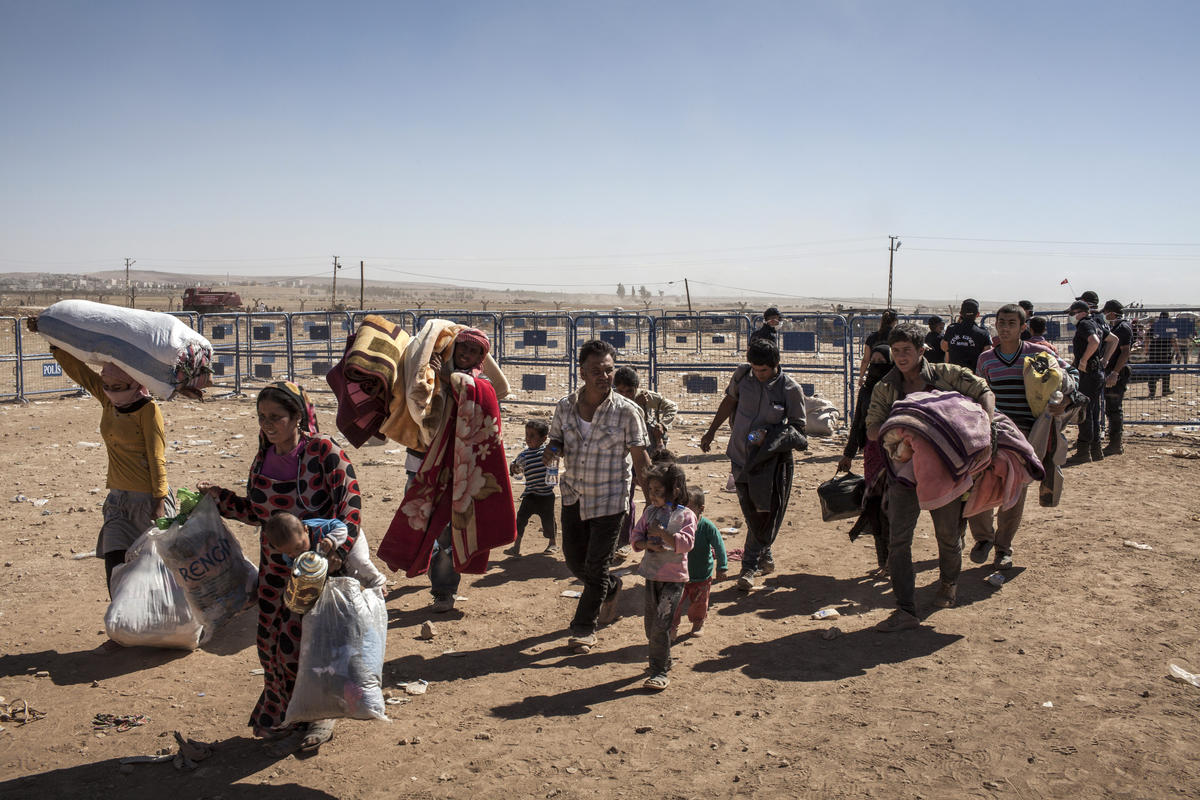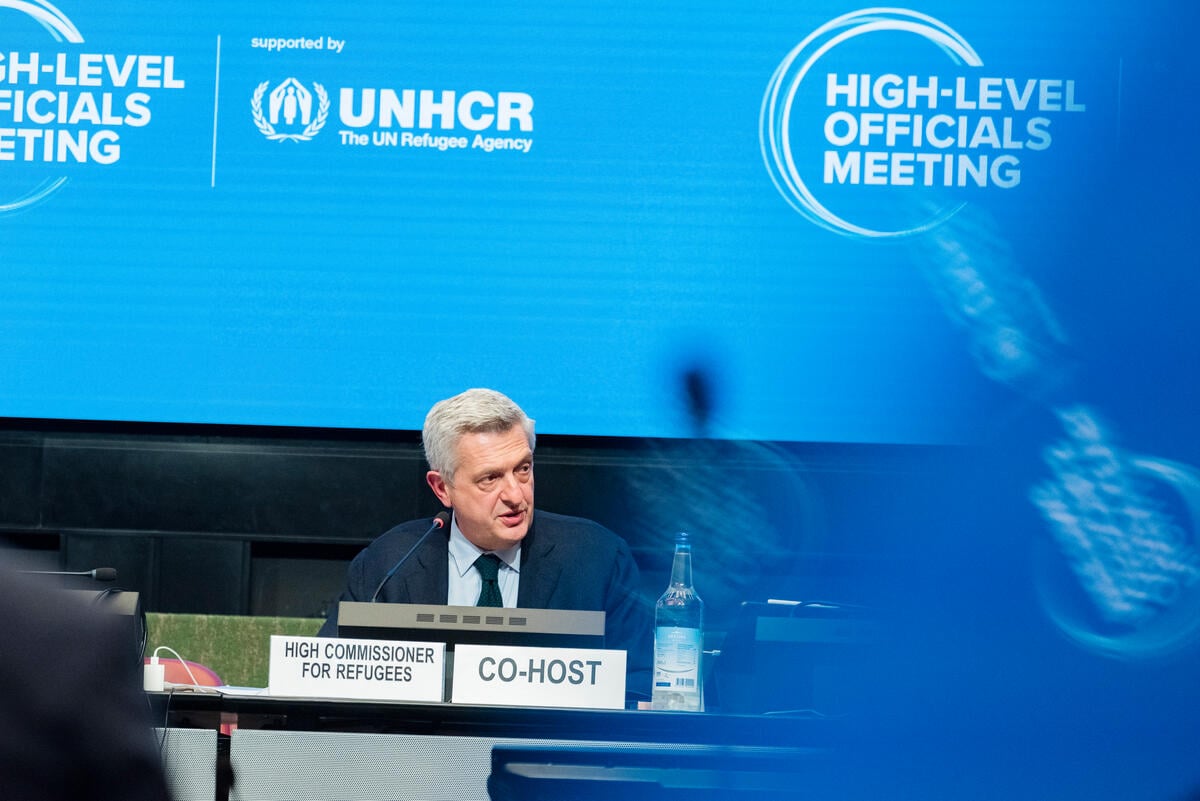Bringing toilets into the home boosts refugees' health and security
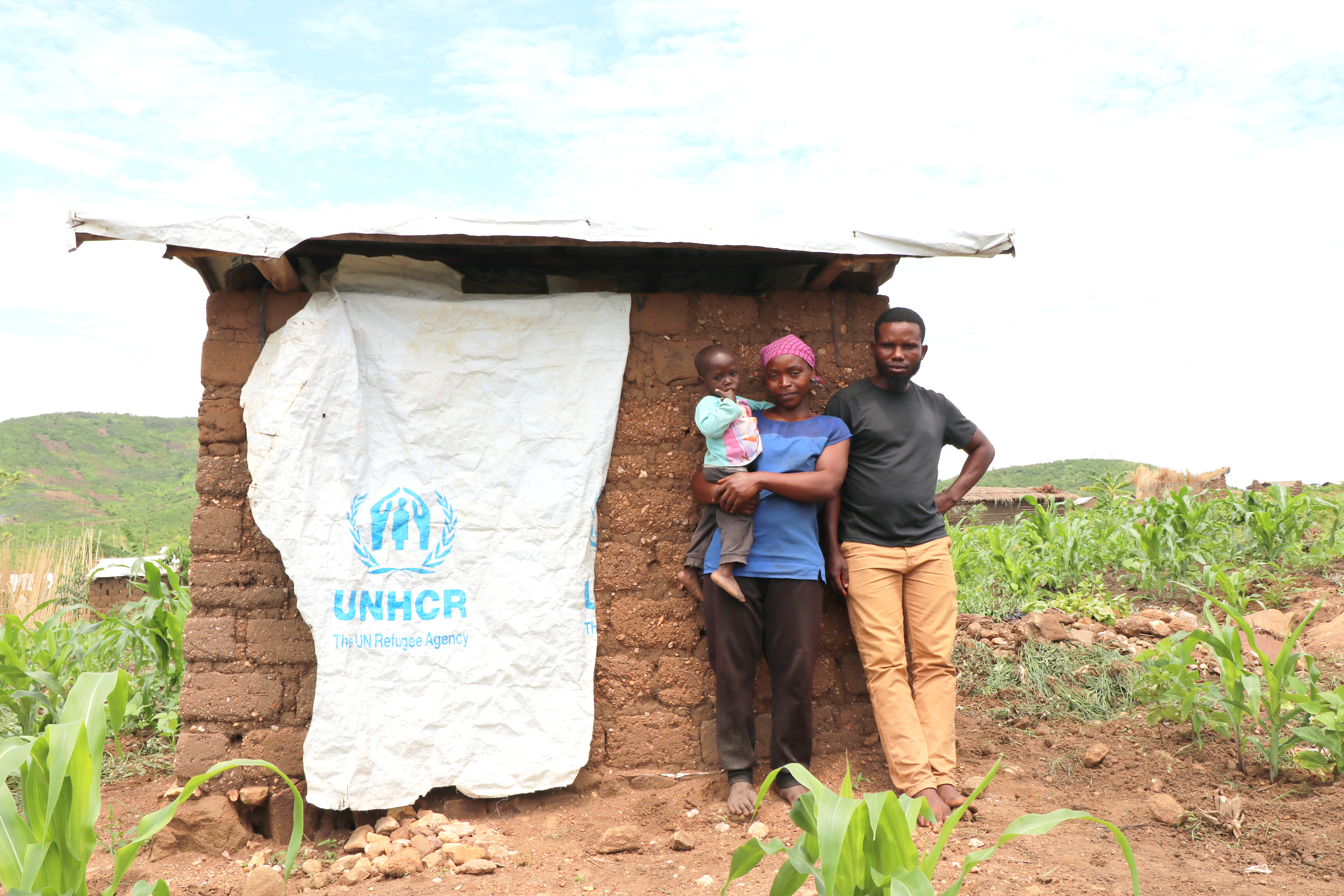
Bringing toilets into the home boosts refugees' health and security
Aisha and her husband Matias lean against the mud-brick wall of the house they built themselves in Mulongwe settlement in the Democratic Republic of the Congo’s South Kivu province.
The couple, who met in Congo after fleeing Burundi’s conflict in 2017, built their new home – and crucially, a toilet – with money they received from UNHCR, the UN Refugee Agency’s Cash Based Intervention or ‘cash for shelter’ project.
“It was not easy as we couldn’t use the same materials as in Burundi but we cannot live without a toilet,” says Matias.
Bringing a toilet into a compound provides real benefits to refugees’ health and security. It cuts environmental pollution, reduces the transmission of communicable illnesses such as diarrhoea and even lowers the risk of sexual assault.
“We cannot live without a toilet.”
Matias adds that he improvised and used local materials for the construction of the toilet – a pit latrine – including adobe bricks, which are made with local soil.
“Instead of using concrete, we built a wooden foundation, protecting it with tarpaulin,” explains Matias, who learnt how to construct back home in Burundi.
Burundian refugees have the choice to construct their own latrines through this approach, which provides them with an allowance to purchase the necessary materials to construct their own houses and latrines.
“By providing cash, we are giving refugees a sense of pride and ownership,” explains Mariama Ndiaye, UNHCR’s Associate WASH (water and sanitation) Officer based in Baraka.
About 55 per cent of the 7,217 refugees who arrived in Mulongwe since 2017 have constructed their own latrines.
Ndiaye adds that all refugees also receive information on basic hygiene when they arrive.
“We sensitize them on best practices in hygiene, water and sanitation and on the importance of using latrines,” she says.
Additionally, UNHCR provides drinking water to all refugees in the settlement – something that Aisha is especially happy about.
“Water is life because I can take care of my family and my home. It gives me dignity as I can stay clean also, during the menstruation cycle,” she says. “Not having access to clean water can expose us to infections and irritations.”
She is also glad to have her own toilet.
“I am aware of the risks of not having access to a toilet, such as transferable diseases like cholera and diarrhoea,” she says. “Not everyone has the same hygiene standards but at least in our neighbourhood, we have all constructed our latrines.”
World Toilet Day, marked today, emphasizes the importance of such initiatives that aim to expand sanitation access to refugees and people forced to flee their homes due to conflict.
Worldwide, over 4.2 billion people live without proper access to toilets, placing them at high risk of infections and transferable diseases like cholera and diarrhoea.
“My skills have come in handy and I have helped build five houses with toilets.”
The Global Refugee Forum – a high-level meeting in Geneva on 17-18 December, bringing together the private sector, humanitarian and development organizations and governments – seeks to strengthen a collective response to refugee situations.
Among aims is identifying good practices that ensure adequate water, sanitation and hygiene facilities to promote the health and survival of refugees in camps, cities and other settings.
Aisha and her family are thankfully in good health. They are also using their construction skills and creativity in adapting the use of local materials to further their self-reliance.
“My skills have come in handy and I have helped build five houses with toilets,” says Matias. “This has helped us to earn extra income.”


